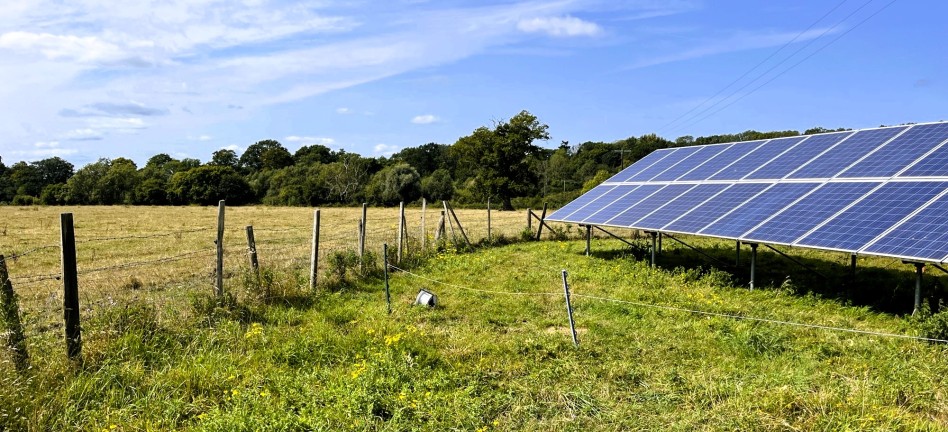Our CEO, Martin Lines, recently shared his thoughts on the surge of large-scale private funding for nature-friendly farming. This guide explores what this shift could mean for farmers committed to sustainable practices as the sector transitions to more environmentally friendly ways of working.
Why are private businesses funding farms?
Agriculture, like many other industries, is being urged to enhance its environmental practices. As part of their environmental, social and governance (ESG) responsibilities, businesses are now required to address Scope 3 emissions, which include the environmental impact of their entire supply chains. At the same time, they aim to meet international biodiversity targets and rules concerning the loss of nature and habitat due to their activities.
For farmers, this means supply chains and large retailers are increasingly keen to tackle the emissions from global production systems. They are now more accountable than ever for the ESG impact of food production. For example, instead of relying on imported soya or maize grown on the other side of the globe to feed their livestock, there’s a growing interest in a supply chain that supports pasture-fed animals with locally sourced diets.
Waitrose recently made headlines by announcing its commitment to shifting its entire supply chain to regenerative farming practices by 2035, but it is far from the only business in the food sector working on such moves.
Who else is getting involved?
Farms can deliver an array of environmental benefits that attract private-sector support. Insurance companies, for instance, are investing in flood management schemes on farmland to protect communities downstream and reduce costly payouts.
Water companies are realising that paying farmers to reduce agricultural run-off is a more effective way to tackle pollution than building new infrastructure such as sewage plants.
Farms can also sequester carbon, which is increasingly attracting financial support from a wide range of companies looking to lower their carbon footprints.
There is also scope for effective partnerships with energy businesses. Solar panels can be installed on farmland while still allowing livestock to graze, doubling the farmer’s income streams. Similarly, the recent repeal of the onshore wind farm ban opens up new opportunities for farmers in renewable energy.


